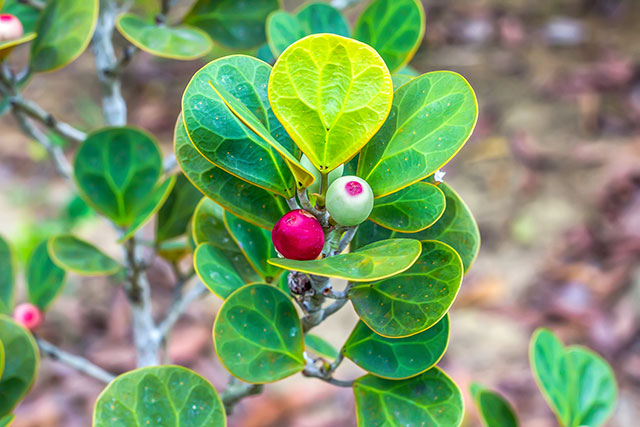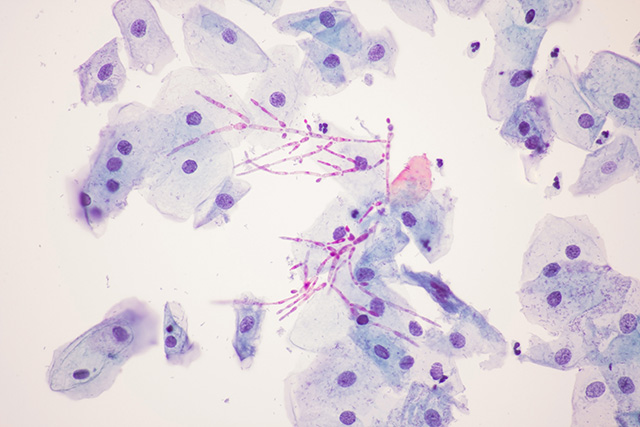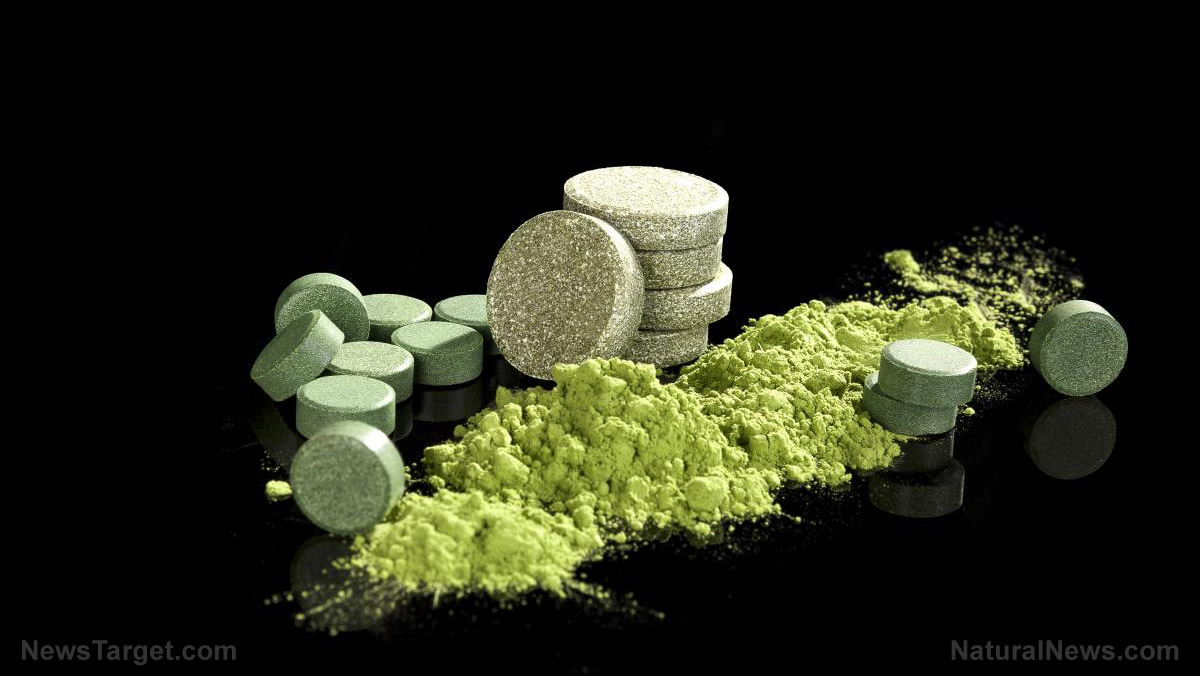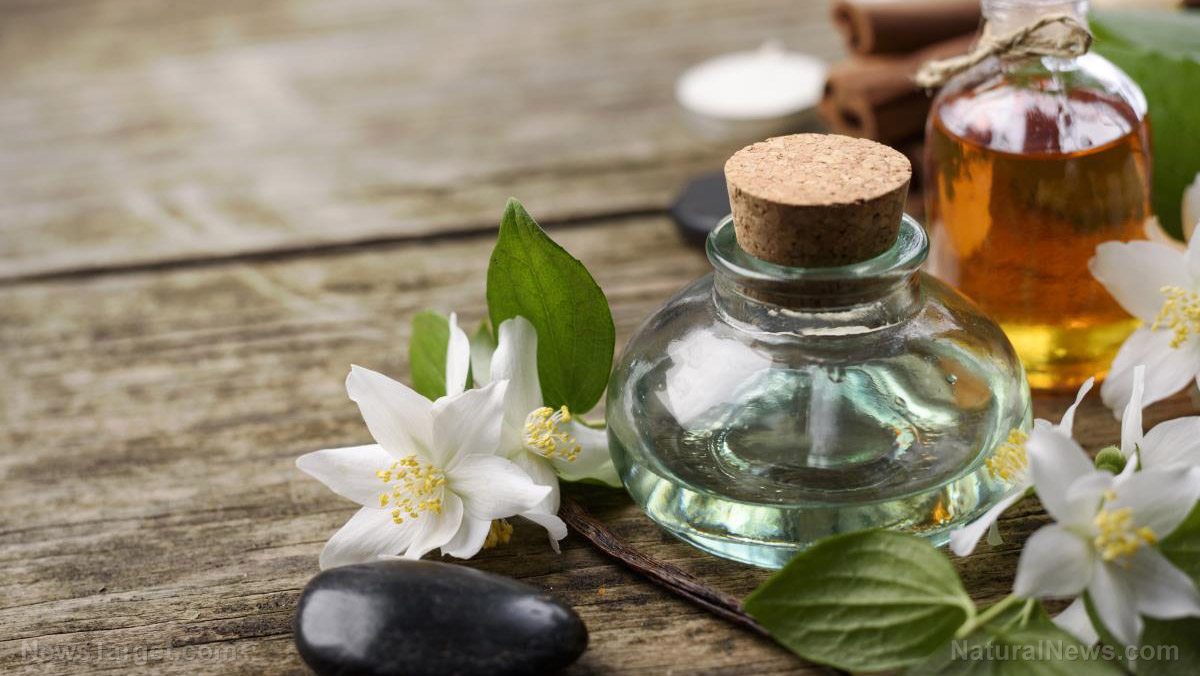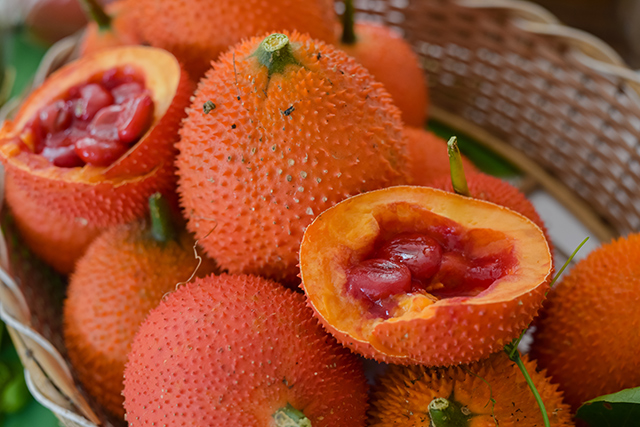Beat depression with ginseng
07/31/2018 / By Russel Davis

Taking ginseng extracts may help alleviate depression associated with alcoholism, a study published in Nutrients revealed.
As part of the study, a team of researchers at the Chulalongkorn University and Kaen University in Thailand examined 12 groups of laboratory mice comprised of eight members each. Six groups were fed with a normal diet, while the other six were given ethanol to induce depression.
The ethanol group was then given the antidepressant amitriptyline, increasing doses of ginseng at 100, 200, and 800 mg/kg, or nothing. The researchers found that mice in the ethanol group that received varying doses of ginseng extracts exhibited marked improvements in depressive symptoms.
“We provide evidence of the anti-depressant like effect of ginseng extract G115 in normal and ethanol-induced depression in mice…The effect of Ginseng G115 is comparable to amitriptyline, an antidepressant used as a positive control in this study. Moreover, the potent effect of various doses of G115 (100, 200, and 800 mg/kg) is observed as changes of immobility time and swimming time in mice receiving these doses plus ethanol were also significantly higher than those in controls. The dose-dependent effect of G115 was noticeable as G115 100 and 800 mg/kg produced higher antidepressant effects than G115 200 and 400 m/kg […] As G115 is composed of various ginsengnosides, the interaction of the compounds might lead to the increase or decrease of pharmacological responses observed in this study,” the researchers wrote in Nutra Ingredients U.S.A.
The ginseng extracts’ protective effects against alcohol-related depression were due to an increase in the levels of brain-derived neurotrophic factor (BDNF), the researchers discussed. According to the scientists, BDNF plays a central role in the synaptic and neuronal plasticity in the brain. The experts also stressed that many neurodegenerative and psychiatric disorders stem from BDNF deficiency. Alcohol abuse results in significant reductions in BDNF levels, the research team added. (Related: Drinking moderate amounts of alcohol found to have a negative impact on brain health.)
Other plants that address alcoholism, anxiety
Aside from ginseng, other herbal treatments such as kudzu and passion flower also show potential in addressing anxiety and the negative effects of alcohol abuse.
In fact, a 2012 study carried out by researchers at the McClean Hospital and Harvard Medical School in Boston, Massachusetts, found that study volunteers drank significantly fewer bottles of beer following kudzu intake compared with taking a placebo.
Likewise, the volunteers exhibited decreased sip size, and took more sips and longer time to finish one bottle of beer. This suggests that kudzu extracts may well inhibit the onset of binge drinking, the researchers said.
“This is a good example of a human laboratory study, in which people are brought into comfortable settings where researchers can measure how much of the drink is being taken with each sip, and also whether people are drinking more slowly under one condition as opposed to another. It is an interesting model to study drinking behavior. So, the bottom line is it’s interesting, it’s preliminary, it’s small, and we are going to continue funding it,” Dr. Joanne Fertig of the National Institute on Alcohol Abuse and Alcoholism (NIAAA) in Rockville, Maryland said.
However, Dr. Fertig acknowledged that the study size was small and that the results were preliminary.
Another study showed that passion flower may work as as an add-on therapy to the anti-anxiety drug Sertraline in patients with generalized anxiety disorder. As part of the study, Sertraline-treated patients were given either passion flower extract or placebo.
The patients then underwent a series of visual and auditory tests to assess their correct ?responses, omission and substitution errors. The researchers found that patients in the passion flower group exhibited a significant decrease in auditory ?omission errors after a month of treatment.
Sources include:
Tagged Under: alcohol addiction, alcoholism, alternative treatment, Anxiety, depression, ginseng, herbal medicine, natural cures, natural remedies, natural treatment









